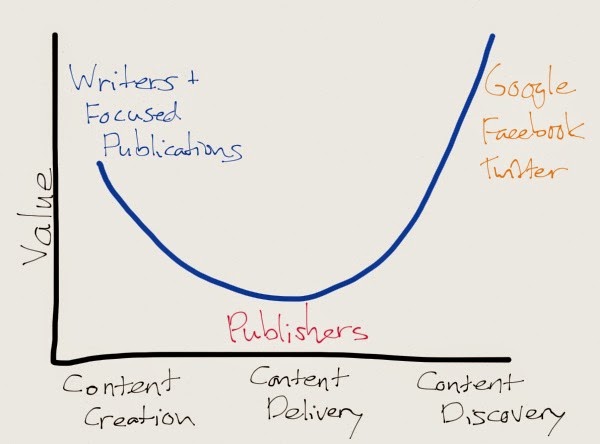Artificial Scarcity
Some people in entertainment just don’t get it. Take the Walt Disney marketing team for the movie, Star Wars Episode 7: The Force Awakens . Rather than releasing the trailer on TV or online, they decided to create artificial scarcity by deciding to air it only in 30 theaters worldwide (read that as the US and Canada). What was Disney thinking? That nobody who saw the trailer would record it on their phone and post it on the Net? Did they not understand the consequence of that as one Reddit explained: “It’s like Disney WANTS the first thing people to see about ‘The Force Awakens’ to be a grainy, shaky footage someone at the back of the screen took with their iPhone.” Responding to the online fury of the Star Wars faithful, Disney backtracked and said the trailer would also be made available on the iTunes Trailer site. Wait. So they decided to leave Android users out? Are these people brain dead? Star Wars has a global audience; and globally there are far, far more Android de

